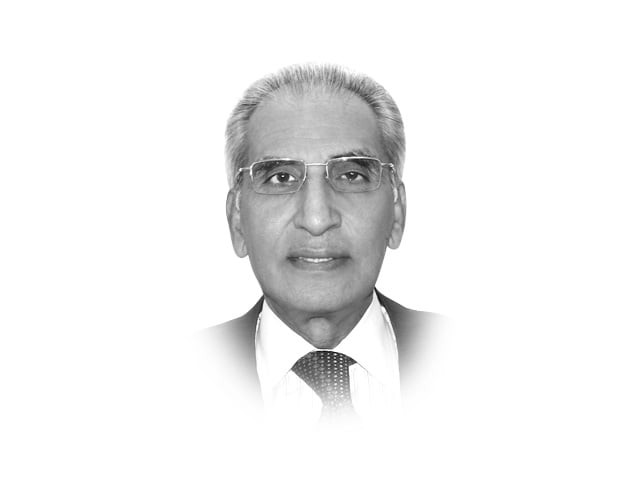The Arab Spring is not over yet
Uncertainty will be the region’s key feature, outside powers would do well to refrain from influencing developments.

These chaotic leaderless movements, christened the Arab Spring, have already swept large swaths of North Africa, casting an ominous shadow over the Arab heartland, while reshaping the region and rewriting its history. It has prompted some of the rulers to flee, others to intensify their brutality and yet others, to open their coffers to douse the flames beginning to singe their bishts.
However, given the region’s differing historical experiences, some have fared better than others. Tunisia, which triggered the first wave of anti-regime demonstrations, appears to have moved steadily towards a democratic transition while Egypt remains mired in bitter rivalries, with no consensus on how to bring about a democratic change. The army opted to push Hosni Mubarak out, but convinced that it could alone guarantee national security, wants to ensure that its institutional power and privilege remain unaffected. Consequently, through a pseudo-legal framework, the military retains real power, while fanning differences between secular and religious parties.
Libya had to go through a civil war and foreign intervention to bring an end to the mercurial colonel’s brutal regime, while Syria is sliding rapidly in that direction, though desperately courting China and Russia to prevent Nato intervention. Yemen, too, could face a civil war, unless President Ali Abdullah Saleh can be persuaded to read the writing on the wall.
Morocco’s King Mohammed VI wisely enacted sweeping reforms leading to multi-party elections, which were won by the Islamist Justice and Development Party whose leader, Abdelilah Benkirane has just ushered a new phase in Morocco’s history. Algerian President Abdelaziz Bouteflika, was forced to end two decades of emergency rule and announce multi-party elections while in Jordan, King Abdullah has been hiring and firing prime ministers, holding them responsible for the country’s ills, while trying to remain above the fray. The Saudis have done what they are adept at doing — distributing over a 100 billion dollars to stifle murmurings of disquiet.
Even Iran’s long-held facade of stability and order appears to be cracking unless, of course, the US and/or Israel make the mistake of attacking its nuclear facilities, which could help the regime smother opposition to it.
The current phase of spontaneous uprisings appears to be over, but with the region’s frozen architecture having dissolved, it is no longer immune to further upheavals, with aftershocks likely for years. The past 12 months have demonstrated that contrary to claims of local despots and their foreign patrons, the Arabs, too, have the same yearning for freedom, dignity, democracy and accountability, but are going about it with a greater sense of confidence. The discernible new trends would indicate that Islamist parties and nationalist groups are likely to be the gainers, since they have both credibility and commitment. Israel, deeply worried at having lost support of its two erstwhile regional allies — Egypt and Turkey — must not, however, be allowed to use its influence with the US to prevent the emergence of broad nationalist coalitions, provided that they are victorious in the polls. The Obama administration’s tentative reach out to the Islamists in Egypt demonstrates a welcome, if belated recognition. The military, being the only organsied force will seek to enhance its role as guarantor of order and stability, but it is too early to say if it will accept some variation of the Turkish arrangement, or adopt the Pakistani model of a praetorian state. Moreover, since uncertainty is likely to be the region’s key feature, outside powers would do well to refrain from influencing local developments, especially if the fragile plant of democracy is to find roots in a hitherto hostile environment.
Published in The Express Tribune, January 11th, 2012.















COMMENTS
Comments are moderated and generally will be posted if they are on-topic and not abusive.
For more information, please see our Comments FAQ